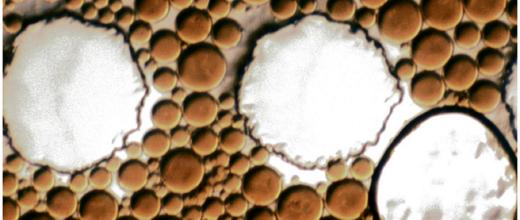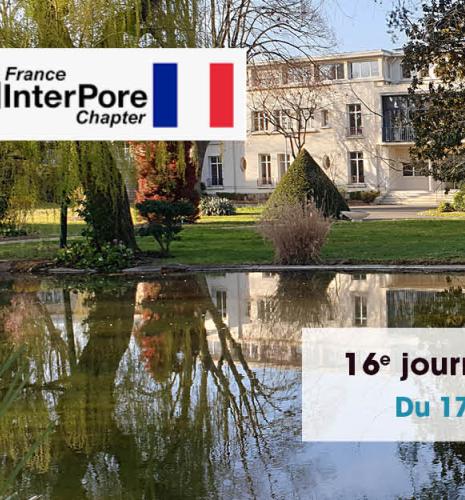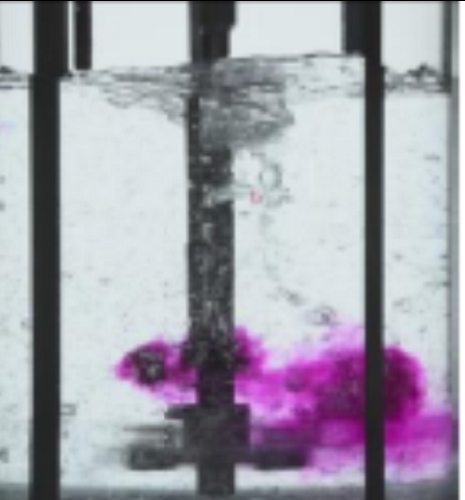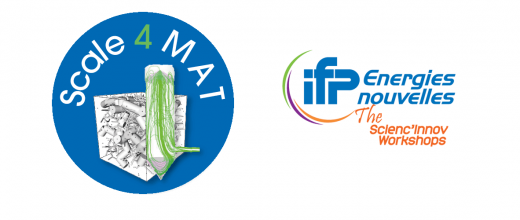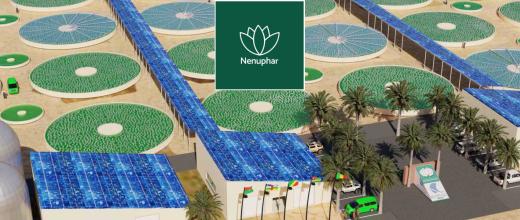
Individual page
Minh Tuan NGUYEN
PhD. Research engineer
Minh Tuan Nguyen completed an Engineer degree from Da-Nang University of Technology (Vietnam) in 2012, and a Master of Science degree from Ecole Nationale Supérieure de Chimie de Lille (ENSCL) and IFP
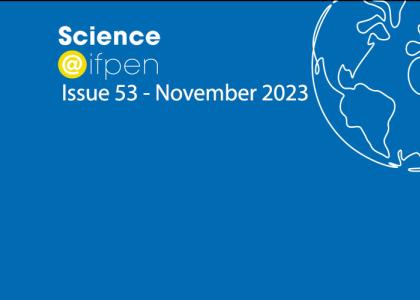
News in brief
Transfer learning for process optimization
IFPEN is a global leader in the development of catalysts and processes for clean fuel production. For these processes themselves to be eco-efficient1, it is necessary to optimize the coupling of catalysts with the operating conditions, as a function of the feedstocks used and the target specifications for the refined products. It is therefore useful to be able to draw on predictive models for the performance achieved, and machine learning can help improving these models...

News in brief
The gas-liquid-solid matter transfer in fixed trickle bed reactors
Numerous catalytic processes employ fixed trickle bed reactors due to their many associated advantages. Simple to use, they demonstrate good performances in terms of bringing gases, liquids and solids into contact with each other. Nevertheless, a number of complex phenomena are involved and recourse to computational fluid dynamics is required in order to understand them. Research conducted within the framework of a PhD thesis delivered results in line with observations.

News in brief
An hydrodynamic study for more efficient catalytic millireactors
High-throughput experimentation (HTE) reactors are more and more used in chemical engineering for catalyst screening because they have many advantages. Nevertheless, the behavior of these reactors varies significantly depending on certain parameters (such as the ratio between the diameter of the reactors and that of the particles). Itis important to fully understand this type of dependence to ensure optimal operation of the catalytic processes. A PhD thesis led to the definition of a calculation chain capable of accounting for the behavior of these catalysts.

News in brief
Biofilm development of bacteria for the production of biobased C3/C4 alcohols
The market for biobased alcohol is currently largely focused on the production of ethanol for use in biofuels. C3 and C4 alcohols are platform molecules for biobased chemistry, but their development is hampered by low productivity levels...
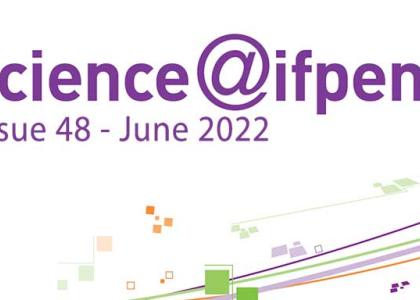
News in brief
Diffusion in catalysts: an often tortuous path!
In catalytic processes, an active phase is necessary to accelerate the transformation of the molecules in the fluid treated. Most of the time, this catalytic agent is placed on a porous support with a large internal surface area, making it possible to host a large number of active sites within a small volume...

Individual page
Nicolas FERRANDO
Project manager / Research Engineer
Nicolas Ferrando is graduated of Ecole Nationale Supérieure des Ingénieurs en Génie Chimique (Toulouse) with a Chemical Engineering master degree, followed by a PhD in Chemistry from Université Paris
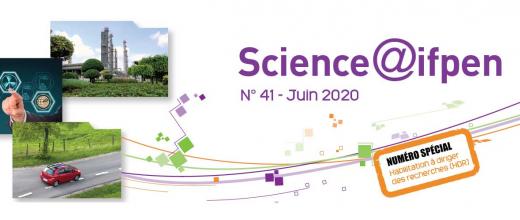
News in brief
Study of packings for natural gas treatment and CO2 capture columns (HDR 2019)
Employed in certain treatment equipment, such as industrial gas purification columns, structured packings are ordered stacks of corrugated metal sheets that promote contact between the gas and a
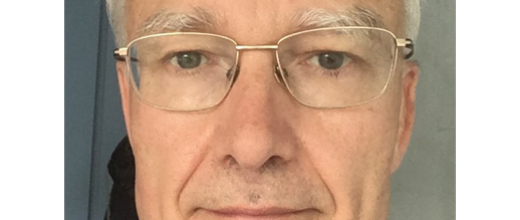
Individual page
Jean-Charles DE HEMPTINNE
IFP-School Professor / PhD Chemical Engineering
Jean-Charles de Hemptinne graduated from the Katholieke Universiteit Leuven in 1985 with a Chemical Engineering degree followed by a PhD in Chemical Engineering from MIT. In 2000, he defended a thesis

Individual page
Pascal ALIX
Project Manager, Research Engineer
E-mail : pascal.alix@ifpen.fr
E-mail : pascal.alix@ifpen.fr
Pascal Alix studied Fluid Mechanics and Heat Transfer et Claude Bernard University (Lyon I), and then completed a PhD at the Ecole des Mines de Saint Etienne on the charactrization and the modelling



